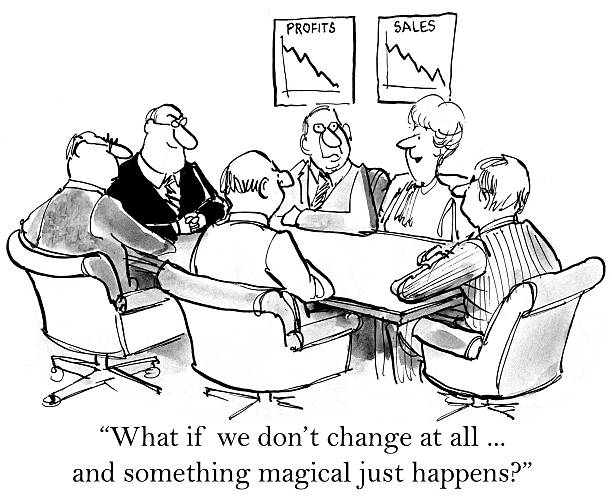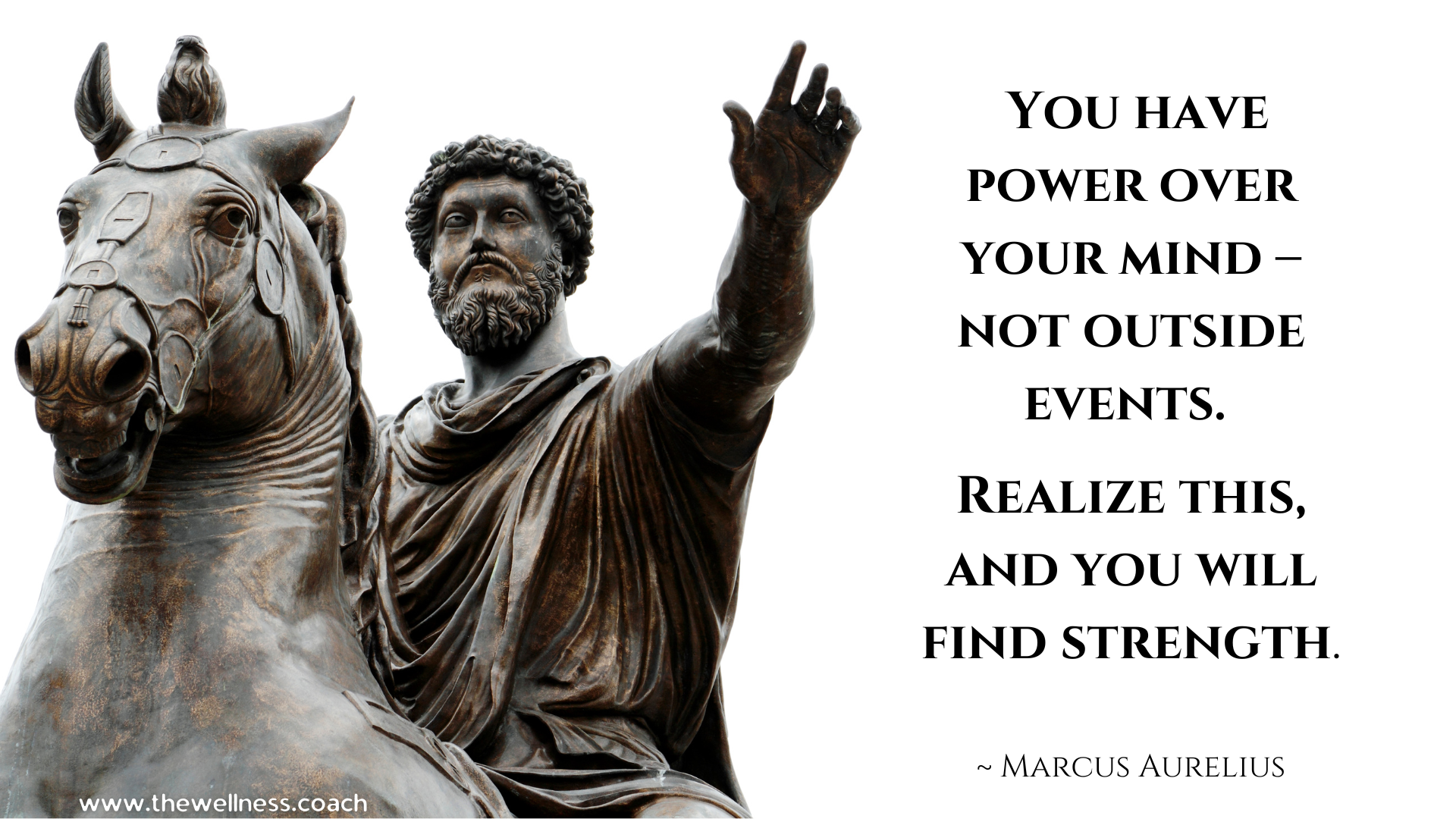Breaking Free from Victim Consciousness: Lead with Strength and Accountability

"The price of greatness is responsibility." - Winston Churchill's words reveal a timeless truth about leadership that resonates even more strongly today. In today's world of constant disruption, where challenges seem to multiply daily, this principle is critical.
To put it mildly, today's political and social landscape is shifting rapidly. Some view these changes as unsettling; others see them as overdue progress. Regardless of where you stand, your response to these shifts—whether in agreement or resistance—reveals how you lead and influence those around you.
Think about your recent challenges - unexpected reorganizations, ongoing team conflicts, concerning political developments, or disruptive market changes. Did you feel the frustration rise? The urge to blame? The desire to defend?
You're not alone.
When faced with adversity, many leaders, without realizing it, fall into a mindset known as victim consciousness. While it is completely normal to do some blaming, complaining, and defending, staying in that mental space significantly diminishes your own health, energy, and performance.
The good news is that once you can spot it, you can shift toward responsibility, resilience, and empowerment, qualities that set great leaders apart in these volatile, uncertain, complex, and ambiguous (VUCA) times.
Beyond Blame: Understanding Victim Consciousness
It's crucial to distinguish between genuine victimization—through crime, discrimination, or abuse—and victim consciousness as a mindset. Those harmed need and deserve support, justice, and healing. Victim consciousness, however, refers to how we respond to our circumstances.
“It's not about the cards you're dealt—it's about how you play them.”
At its core, victim consciousness is the belief that external forces control our outcomes rather than personal choices. This mindset fixates on external factors, others' actions, system failures, and obstacles rather than potential solutions.
This pattern creates a sense of powerlessness where set packs become evidence of unfairness rather than opportunities for adaptation.

Common Signs of Victim Consciousness
What makes this pattern so challenging is that it often masquerades as wisdom or realism. We tell ourselves we're "just being practical" or "facing facts." Even accomplished leaders can fall into this pattern through statements like:
-
"I work hard, but leadership keeps changing the rules. How am I supposed to succeed when the goalposts keep moving?"
-
"I'd love to be more strategic, but I'm too busy putting out fires."
-
"With everything going on in the world, the economy, the political chaos—it's impossible to plan for the future.”
These thoughts feel justified because they often contain elements of truth. That's precisely what makes victim consciousness so challenging to identify and address. All these statements contain greens of truth; they reveal a pattern of surrendering personal agency.

The Hidden Tax of Victim Thinking
Ignoring this dynamic carries a steep price—both personally and professionally. Think of victim consciousness as a hidden tax on your leadership effectiveness, simultaneously draining your personal energy and your team's potential.
Research reveals the cascading impact: Leaders caught in victim consciousness experience a 23% spike in cortisol levels, accelerating cellular aging by 4-6 years. Think of it as your body's warning system: chronic stress from this mindset increases the risk of migraines, disrupts sleep patterns, and compromises the clear thinking needed for executive decision-making. For leaders who pride themselves on peak performance, this physical toll becomes a hidden barrier to excellence.
These aren't just statistics—they're warning signs of eroding leadership influence.
When victim consciousness becomes embedded in workplace culture, it creates a predictable downward spiral. Innovation slows. Decision-making becomes reactive rather than strategic. A landmark Stanford University study published in the Journal of Personality and Social Psychology illuminates this dynamic.
Researchers found that individuals reflecting on victimization were 26% less likely to help others, expressed 13% more entitlement, and demonstrated 11% higher rates of selfish behavior. These findings underscore how victim consciousness subtly shifts behavior patterns, prioritizing self-interest over collaboration, accountability, and responsibility.
Breaking Free: A Three-Step Approach
You already know that responsibility is a cornerstone of personal and professional success. It’s also key to breaking free from victim consciousness. Instead of waiting for external conditions to improve, view each challenge as an opportunity to lead. Consider these strategies:
Step One: Notice Your Story
Notice when you slip into victimhood or blame. Monitor your thoughts and language, especially when you attribute challenges to external factors. One way to recognize this pattern is by paying attention to how you frame your experiences. Here's an example:
Client: "I never get recognition for my ideas. Senior team members dominate, and the culture seems impenetrable."
Coach: “How do you currently share your ideas?”
Client: "I just say them in meetings or during discussions."
Coach: "And what do you do after you've shared your idea?"
Client: "Nothing. It's their move.”
This exchange clearly reveals the trap of victim thinking—the belief that the situation is entirely out of one’s control. When the client says, “Nothing. It’s their move,” it highlights a passive approach. They assume that others hold all the power to change the outcome. By doing nothing, they reinforce the very dynamic they feel stuck in, limiting their ability to create impact.
Step Two: Reshape Your Narrative
Transform a “This is happening to me” passive mindset into an empowered one: “I have the power to influence this.” This could sound like:
Coach: "When you feel like your ideas aren’t getting credit in meetings, what other explanations might there be?"
Client: "Maybe they don't fully understand what I'm saying."
Coach: "And what else?"
Client: "Perhaps everyone is so rushed that even if they do understand, they don't take the time to ask questions."
When you're willing to expand your perspective (even just a little bit!), new pathways for influence emerge. You shift from a reactive stance into a strategic, problem-solving mindset.
Step Three: Lead Through Action
Building on your reframed perspective, shift from waiting for change to creating it. Ask: "What is one small action I can take right now?" Here's one example:
Coach: "Given these new insights, what actions could you take to shift this dynamic?"
Client: "I could start sending brief pre-meeting overviews of my ideas. Maybe even reach out to some senior team members for coffee chats."
Coach: "How would that approach feel different from your current strategy?"
Client: "Creating opportunities feels more empowering than waiting for them."
This three-step approach provides a structured way to reclaim ownership of your impact, ensuring that challenges become catalysts for growth rather than roadblocks. The real magic happens the moment you're willing to shift your perspective—even just a little. That small shift is all it takes to break the energy of stagnation and begin moving in a powerful, intentional way.
The Power of Personal Responsibility
When you step out of blame and into ownership, momentum replaces frustration, solutions emerge, and the ripple effect extends beyond you—your team feels it, your organization benefits from it, and a culture of accountability and resilience begins to take shape. This is exactly what The Healthy Leader Operating System™ is designed to cultivate—leaders who think and act from their upper brain, creating impact that lasts.
When you stop outsourcing your actions, you unlock the power to transform challenges into opportunities. This isn't just about personal resilience—it's about modeling the kind of leadership that inspires others to rise above their circumstances.
By embracing responsibility, you gain the strategic advantage that Churchill recognized as essential to achieving greatness.
Traci Fisher is a leadership transformation expert and creator of The Healthy Leader Operating System™. With over 25 years of experience coaching Fortune 500 executives and military leaders, she helps leaders shift from frustration to momentum—breaking free from reactive cycles and leading with clarity, confidence, and impact.
She knows that real leadership starts with ownership. Traci helps leaders stop waiting for change and start creating it—so they can lead powerfully, inspire others, and build a culture of resilience and accountability.
Because the best leaders don’t wait for circumstances to improve—they shape them.
Want to learn more? Explore leadership coaching with Traci. [Learn more here.]